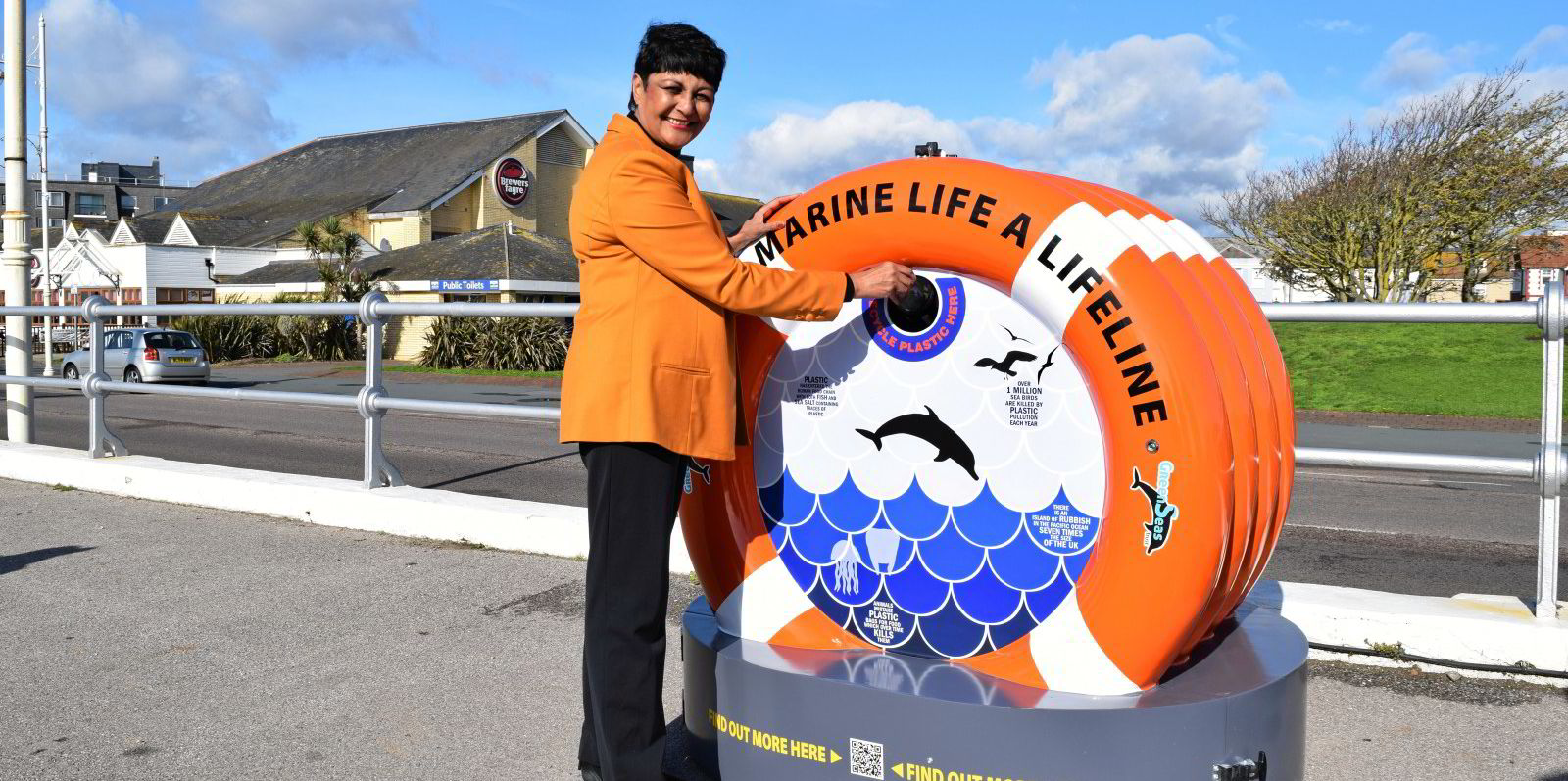I am the captain of a large tanker operating in the Middle East and I am at breaking point. I have been on board my vessel for only a few weeks, but some of my crew are approaching a year. Some of them are facing a second Christmas away from their loved ones, and there is no end in sight.
I have noticed more coverage in the media about the “crew-change crisis” recently, which is long overdue. I am glad to see a light being shone on this terrible situation at last.
But while most of the articles talk about the sheer number of seafarers involved — 400,000 at last count — few have focused on what it means for those of us dealing with it every day.
Sixteen members of my crew are over their contract time and, despite my best efforts, there is nothing I can do to get them relieved by a fresh crew.
Worst of all, I cannot even provide them with any idea of when they might be able to get home.
Seafarers tend to be a tough bunch. We are used to dealing with difficulties and we have all been in situations where things don’t go to plan. But this is different because it is not temporary any more. There is no hope left and no light at the end of the tunnel.
Day in, day out, I am working with an exhausted crew, some of whom are suffering enormous damage to their mental health. I give them as much rest as I am able to and I spend as much time as I can talking to them, but that does only so much, because I cannot give them what they want — their home and their family.

In the weeks I have been back on board, I have lost count of the number of times I have sat in my cabin consoling desperate men, who are in tears.
As the master, I need to remain strong and supportive for all of them, but there have been times I have woken up crying because it all seems so hopeless.
I did not sign up for this. None of us did.
You hear of other companies managing to change the entire crew, some chartering planes to book flights home. But this company tells us it cannot find new crew members to join the ship. It says nobody wants to come back on board because they don’t know when they will be able to get home again.
The truth is that we are an afterthought, and employers are making large profits out of keeping crew on board. The well-being of seafarers is disposable to them because doing something about it would cost them money
It is hard to believe that’s really the case, because, for every crew member stuck on board, there is another at home facing destitution because he or she cannot find work.
Deep down, we all know that if we were a priority (or even a concern) we could get the whole thing moving within weeks and return the industry to some version of normality.
But the truth is that we are an afterthought, and employers are making large profits out of keeping crew onboard. The well-being of seafarers is disposable to them because doing something about it would cost them money.
After months on board, working a shift pattern that was designed with long rest periods in mind, everyone is extremely tired. Even if they can physically get enough rest, it is surely impossible for anyone to recharge mentally in these conditions.
I worry constantly about accidents because the crew cannot always be fully focused on what they are doing.
Sooner or later, I am terrified that something is going to go badly wrong on this vessel or one of the thousands of others in the same position.
If it does, do not be surprised to see companies and flag states wash their hands of us again and find a way to blame the crew.
So please, continue to raise your voices and call for an end to the crew-change crisis. And as you do, please also think of those of us dealing with this terrible situation every day.
The author, who is known on Twitter as The Secret Captain (@TheSecretCapt), has asked to remain anonymous. TradeWinds has verified that he is a tanker master at sea.






